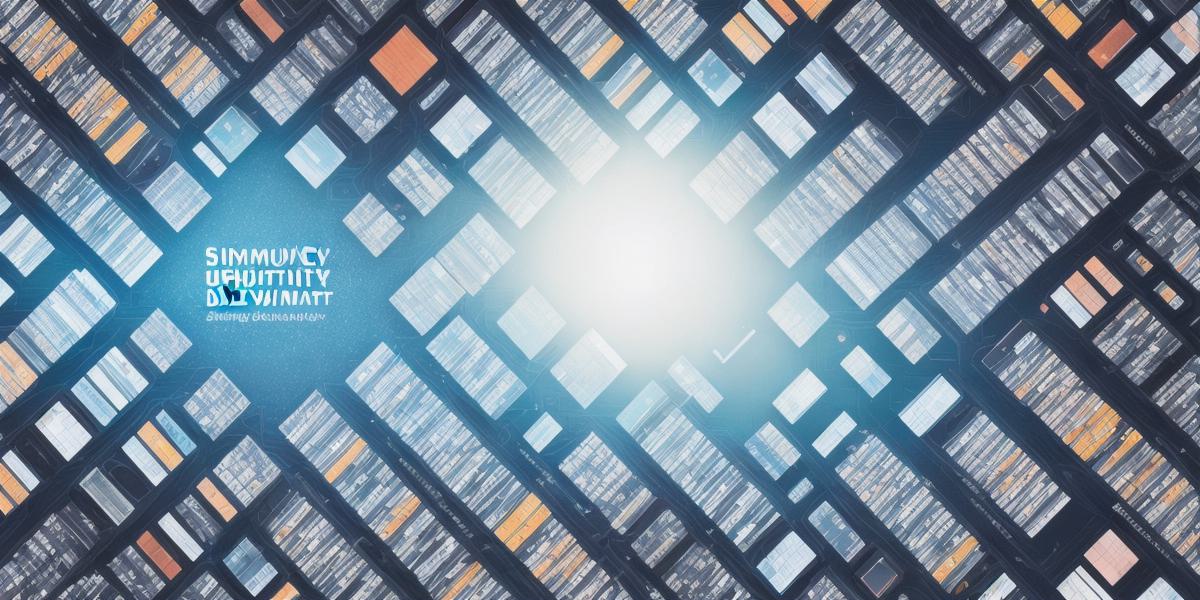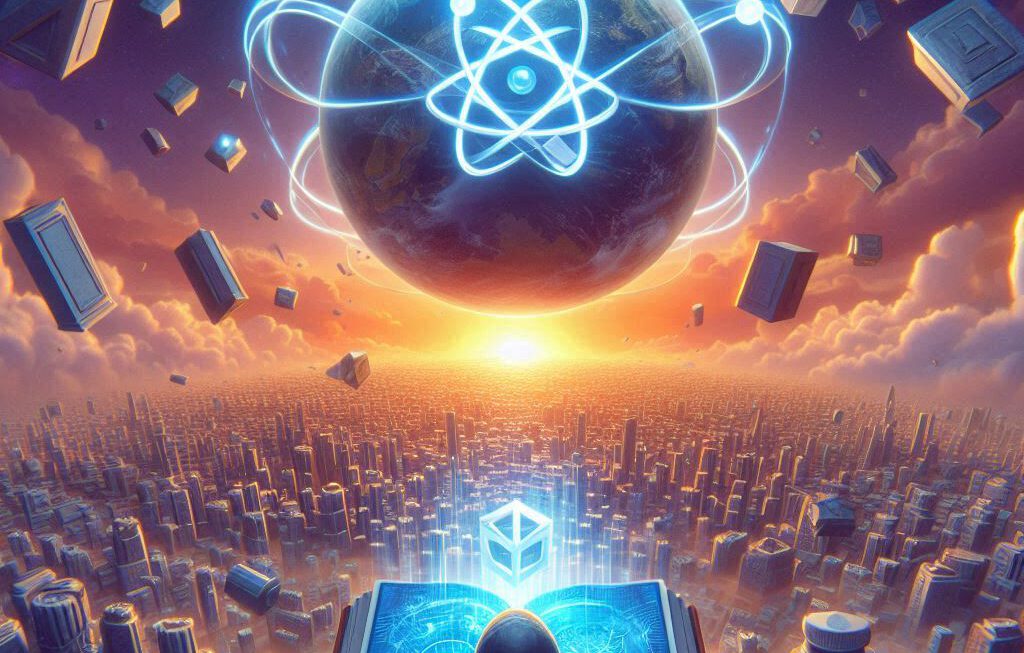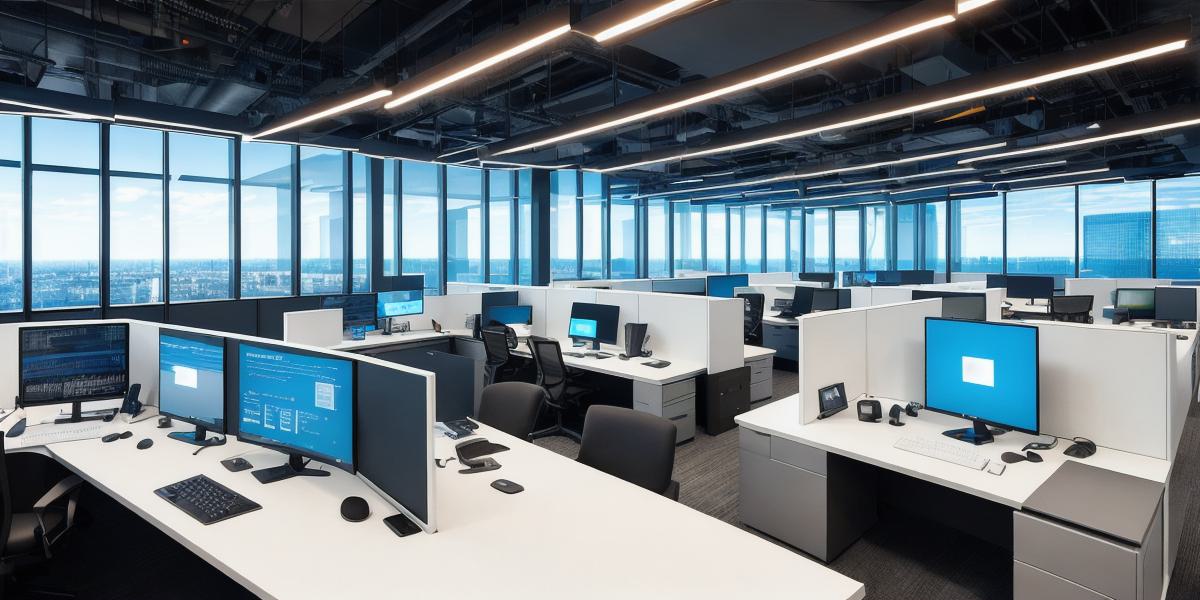As social creatures, we all have a need for connection and belonging. This is where community comes into play. A community is a group of people who share common interests, values, or goals. In today’s fast-paced world, communities are more important than ever, as they provide a sense of purpose, support, and direction.
In this article, we will explore the concept of community and how it impacts our daily lives, particularly for unity developers. We will delve into the role of community in shaping our beliefs, values, and behaviors, and examine the various forms that communities can take. Additionally, we will provide real-life examples of how communities have positively impacted unity developers and discuss strategies for building and maintaining a strong community.
The Importance of Community
Community is an essential part of our lives, as it provides us with a sense of purpose and belonging. When we are part of a community, we feel like we belong to something larger than ourselves, and this can give us a sense of direction and meaning in our lives.
Furthermore, communities also provide support and assistance when we need it most. Whether it’s a shoulder to cry on during tough times or advice on how to navigate a particular challenge, communities are often there to help us out. This sense of connection and belonging can be especially important for unity developers who may work remotely or face unique challenges in their field.
Types of Communities
Communities can take many different forms, depending on the interests and values that bring people together. Some common types of communities include:

- Social networks: These are online communities where people connect with each other based on shared interests or experiences. Examples include Facebook, Twitter, and LinkedIn.
- Support groups: These are communities where people come together to share their struggles and offer support and advice to one another. Examples include Alcoholics Anonymous and cancer support groups.
- Hobbies and interests: These are communities where people come together to pursue a common hobby or interest. Examples include book clubs, hiking groups, and music fans.
- Professional networks: These are communities of people who work in the same field or industry and come together to share knowledge, ideas, and experiences. Examples include unity developer forums and game development meetups.
Real-Life Examples of Communities Impacting Unity Developers

There are countless examples of how communities have positively impacted unity developers. Here are a few:
- Unity Developer Groups: Unity is a popular game engine, and there are many developer groups around the world that bring together unity developers to share their knowledge and experiences. These groups provide a valuable resource for learning about new techniques, troubleshooting problems, and staying up-to-date on the latest industry trends.
- Online Communities: Many unity developers also connect with each other through online communities like Reddit’s r/unity3d, Stack Overflow, and GitHub. These communities provide a platform for sharing code, asking questions, and collaborating on projects.
- Meetups and Conferences: Unity developer meetups and conferences are another way that developers can connect with each other in person. These events provide an opportunity to network, learn about new technologies, and share ideas and experiences.
Building a Strong Community
Now that we have discussed the importance of community and some real-life examples of how it has positively impacted unity developers, let’s look at strategies for building and maintaining a strong community.
- Foster a Shared Vision: A strong community is built on a shared vision or set of values. It’s important to define what your community stands for and what it hopes to achieve. This will help to keep everyone focused and motivated towards the same goal.

- Create Opportunities for Connection: Communities are all about connection, so it’s important to create opportunities for people to interact with each other. This could include hosting events, organizing online forums or chat groups, or creating social media pages.
- Provide Support and Assistance: A strong community is built on trust and respect. It’s important to provide support and assistance when people need it. This could include offering advice, providing mentorship, or offering help with specific challenges.
- Encourage Participation: Communities are only as strong as the people who participate in them.



